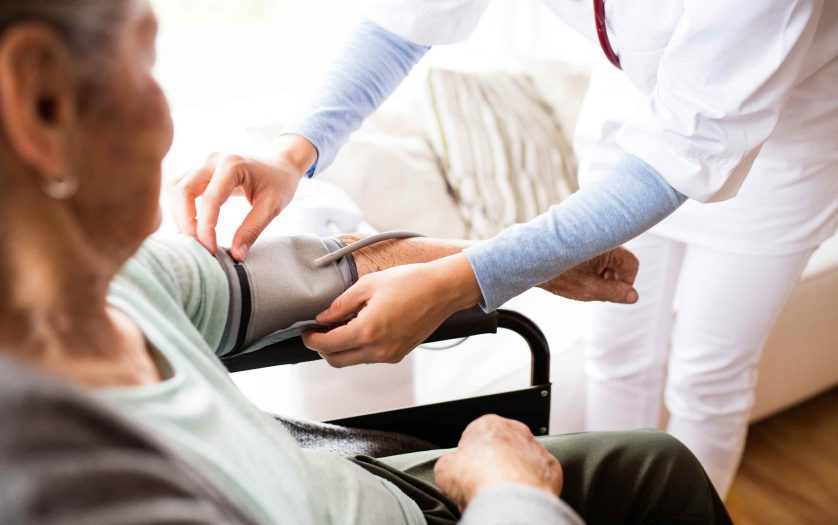
The Department of Health & Human Services (HHS) has strengthened its protections on disability rights during public health emergencies by issuing new guidance for healthcare providers on the civil rights protections.
The Agency released the guidance, issued by HHS’ Office for Civil Rights, makes clear that in light of the continuing public health emergency, when resources can be scarce, it is vital that individuals with disabilities are not prevented from receiving needed health care benefits and services as this violates federal civil rights laws.
“Our civil rights laws stand no matter what, including during disasters or emergencies, and it is critical that we work together to ensure equity in all that we do for all patients,” said HHS Secretary Xavier Becerra. “The pandemic has shone a light on the disparities in our health care system and provided us with a new opportunity to address them in a meaningful way. Protecting people with disabilities from being discriminated against in crisis situations is a critical part of this work, and we are continuing to evaluate our operations Department-wide to ensure accessibility.”
In today’s guidance, HHS clarified that federal civil rights laws apply to health care providers, including those administering COVID-19 testing, medical supplies, and medication. These rules also apply to entities providing hospitalization, long-term care, intensive treatments, and critical care, such as oxygen therapy and mechanical ventilators. Additionally, federal civil rights laws apply to state Crisis Standard of Care plans, procedures, and related standards for triaging scarce resources that hospitals are required to follow. The FAQs remind health care providers of their obligations under law and provide examples of applicability.
“During a public health emergency like the COVID-19 pandemic, biases and stereotypes may impact decision-making when hospitals and other providers are faced with scarce resources,” said OCR Director Lisa J. Pino. “OCR will continue our robust enforcement of federal civil rights laws that protect people with disabilities from discrimination, including when Crisis Standards of Care are in effect.”
This guidance is one of many comprehensive action steps taken by HHS to support President Biden’s National Strategy for the COVID-19 Response and Pandemic Preparedness to protect those most at risk, advance equity, and address disparities in rates of infection, illness, and death.








